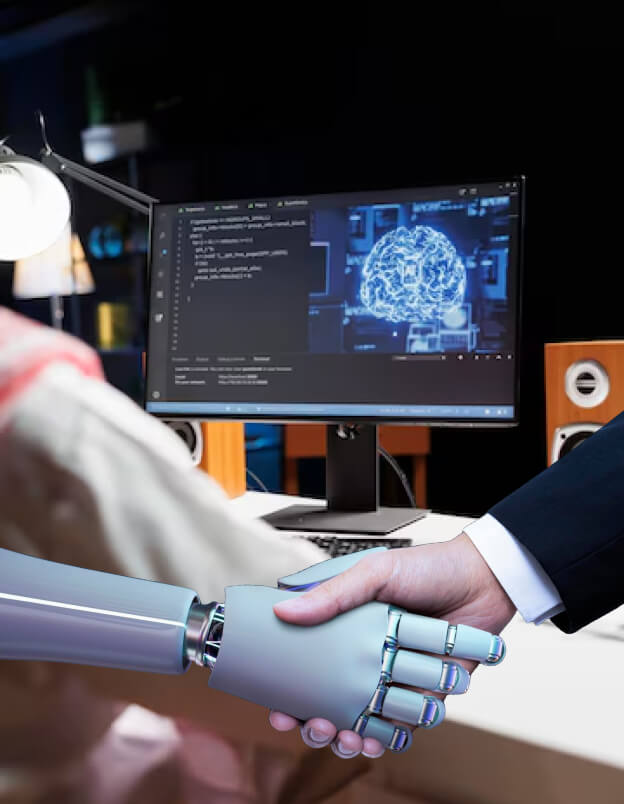
Low-code and no-code platforms have enabled non-technical users, or citizen developers, to build applications without deep coding knowledge. However, AI’s role in addressing obstacles for citizen developers is becoming increasingly vital as challenges such as complexity and lack of expertise persist. Gartner estimated in 2024 that 80% of app development could happen outside IT departments, with more employees experimenting in this space. AI’s Role in Addressing Obstacles includes simplifying processes, automating code generation, and guiding users through app development, helping to overcome these hurdles.
The Illusion of Simplicity
While low-code and no-code platforms offer simplicity, they often become more complex as projects progress. Business teams may initially find them easy to use but soon face technical challenges, such as integrating external APIs or managing complex workflows. These platforms may not handle advanced requirements well, leading to the need for IT intervention to resolve issues and customize solutions.
Lack of Knowledge in Program Design
Another major challenge is the lack of understanding in areas like program design, security, and data flow among business users. These gaps can lead to issues such as poor data management, resulting in inefficient applications that require IT assistance. Often, this results in incomplete or suboptimal projects that fail to meet their intended objectives.
Decision Fatigue and Workflow Challenges
The flexibility of low-code and no-code platforms can be a double-edged sword. While business users enjoy the freedom to customize workflows, too many options can lead to decision fatigue. This can make it difficult to structure logic flows, configure security settings, and make critical choices, often resulting in inefficient apps or abandoned projects.
AI as a Problem-Solver
Generative AI is being explored as a solution to many of these challenges. AI-powered tools, often referred to as “copilots,” can guide users through the app development process by automating code generation from simple prompts or natural language descriptions. These tools help reduce complexity, allowing users to focus on their ideas rather than technical details. AI can also assist with troubleshooting, code optimization, and ensuring security protocols, tasks that would normally require IT intervention.
AI and Citizen Development: Enhancing, Not Expanding
Though AI offers powerful capabilities, its role in citizen development may be more limited than expected. Rather than driving broad changes, AI tends to enhance specific tasks within app development. This includes streamlined workflows where generative AI handles individual tasks, rather than creating full applications from start to finish.
AI-Enhanced Future for Citizen Developers
Despite some limitations, AI-enhanced platforms still hold great potential to accelerate citizen development. AI helps remove many of the technical barriers that previously hindered non-technical users from executing their ideas. With AI support, users can now quickly experiment, iterate, and build functional applications with minimal technical expertise.
Get connected to our insights